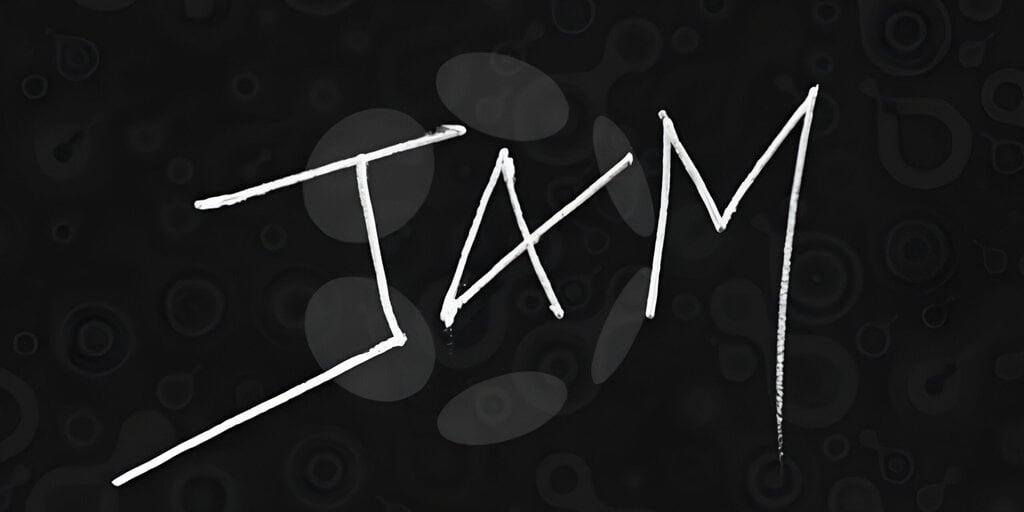We do the research, you get the alpha!
Get exclusive reports and access to key insights on airdrops, NFTs, and more! Subscribe now to Alpha Reports and up your game!
Go to Alpha Reports
Welcome to Decrypt’s Week in Polkadot, our regular round-up of the latest developments in the Polkadot ecosystem.
The Join-Accumulate Machine (JAM) upgrade, the next stage in the technical evolution of Polkadot, has now been ratified in a collective vote by Polkadot’s community members, passing with a near-unanimous landslide vote among the network’s validators.
JAM, which was announced by Polkadot founder Gavin Wood in Dubai back in April at Token2049, will be the most significant upgrade since the network was fully launched.
The upgrade will enable developers to build services—which function much like Ethereum’s smart contracts—on top of the Polkadot Relay Chain itself, by leasing the processing power of the Polkadot network on a month-by-month basis. This means developers will have an alternative to going through intensive processing of bidding for one of a limited number of parachain slots.
In a recent interview, Wood argued that JAM could help democratize access to the Polkadot ecosystem.
Unlike previous Polkadot upgrades, which used an iterative approach, the numerous technical changes which JAM will bring will all be introduced at once.
However, though the update is going ahead, it’s unlikely we’ll see the finished version of JAM until at least 19 to 59 months from the time of writing.
Polkadot celebrates fourth birthday
The Polkadot ecosystem celebrated its fourth birthday on May 26th, though its early days looked much different from today.
In May 2020, the first ever block was mined on the Polkadot network, known as the “Genesis Block.”
At the time, governance was restricted to a single super user key controlled by the Web3 Foundation, something that is called a Proof of Authority (PoA) network. This is a type of consensus system where only authorised entities can validate transactions on the blockchain network.
Once the Web3 Foundation was confident in the stability of the network, it began electing validators, and then later adding community governance into the hands of the token (DOT) holders.
It wasn’t until December 18, 2021, that the entire multi-stage rollout was finalized, with Polkadot’s trademark parachains producing blocks of their own on the network.
Polkadot and Ethereum hit ETHPrague
Gavin Wood took to the stage with Ethereum founder Vitalik Buterin at ETHPrague, Central Europe’s longest-running ETH community event.
Wood and Buterin have a long history together. Wood served as the Ethereum Foundation’s first chief technology officer, before leaving in January 2016 to form Parity Technologies. He also played a key role in writing some of Ethereum’s earliest whitepapers.
Check back next week for our full run-down of their conversation!
Daily Debrief Newsletter
Start every day with the top news stories right now, plus original features, a podcast, videos and more.




